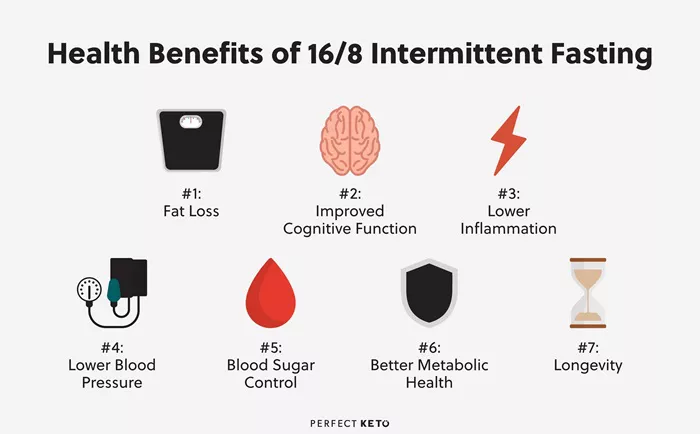Disputes between Medicare Advantage plans and health care providers can create significant challenges for older adults, often leaving them caught in the middle. As private insurers and health care systems engage in contract negotiations, patients are sometimes forced to make difficult decisions about their coverage. This situation has become particularly concerning for those who rely on Medicare Advantage, a private insurance plan approved by the government to manage Medicare benefits.
Marian Spicer’s Struggle
Marian Spicer, a 72-year-old woman, found herself in a stressful situation after a kidney stone procedure at Duke Health in late October. During the procedure, a doctor accidentally tore her bladder, resulting in prolonged hospitalization. To make matters worse, Spicer feared she would lose her insurance coverage due to a dispute between her Medicare Advantage provider, UnitedHealthcare, and Duke Health.
The two parties were in the midst of contract negotiations with a deadline of November 1, 2024. Concerned that her coverage might lapse during treatment, Spicer switched to a Humana Medicare Advantage plan, which would start in November. This decision caused her additional anxiety as she was unsure about her healthcare options.
Although UnitedHealthcare and Duke Health reached an agreement just before the deadline, it was too late for Spicer. She was unable to return to her original plan and would remain with her Humana plan through the end of the year, leaving her with additional out-of-pocket expenses and frustration.
The Medicare Advantage Dilemma
The clash between insurers and healthcare providers is not an isolated incident. Disputes over contracts have become a recurring problem for Medicare Advantage beneficiaries, who face challenges in deciding between Original Medicare and Medicare Advantage plans. Medicare Advantage plans, which are offered by private insurance companies, often have lower costs and added benefits, such as dental coverage and gym memberships. However, these plans also have limitations, such as restricted networks of doctors and hospitals.
Original Medicare, on the other hand, is administered by the federal government and offers broader access to healthcare providers but often comes with higher out-of-pocket costs. Many beneficiaries of Original Medicare need to purchase additional plans, like Medicare Part D for prescription drug coverage, or a Medigap policy to help cover additional expenses.
Medicare Advantage plans, by contrast, bundle these services into a single plan, making them more convenient for some seniors. However, the trade-off can be a lack of flexibility, especially for those who travel frequently or need specialized care that may not be covered by their plan’s network.
The Impact on Beneficiaries
As Medicare Advantage grows in popularity, more than half of North Carolinians on Medicare are now enrolled in these plans. While they offer potential cost savings, the lack of coverage continuity can lead to significant problems for patients like Spicer.
Mari-Jo Hill, a counselor for the North Carolina Seniors’ Health Insurance Information Program, emphasizes the importance of considering individual circumstances when choosing between Original Medicare and Medicare Advantage. Financial status, travel habits, and medical needs should all be factored into the decision.
“Medicare Advantage may offer more affordable premiums and copays,” Hill said. “But it’s crucial for people to understand the limitations, especially when it comes to accessing care outside their network.”
Rising Costs and Limited Flexibility
The affordability of Medicare Advantage plans is often a key draw for many seniors, but as beneficiaries age, they may face unexpected costs. As Gina Upchurch, executive director of Senior PharmAssist in Durham, points out, the “pay-as-you-go” nature of these plans can make them more expensive for those who require frequent medical attention.
Unlike Original Medicare, which has predictable costs and a supplemental policy that helps cover expenses, Medicare Advantage plans can have out-of-pocket limits that range as high as $9,350 for in-network care in 2025. While this is capped, it can still be a considerable financial burden for many seniors, especially those who are dealing with chronic illnesses.
Medicare Advantage Open Enrollment and Plan Changes
Medicare beneficiaries face a limited window to make changes to their plans each year. The open enrollment period for Medicare Advantage runs from January 1 to March 31, while those on Original Medicare had until December 7 to make adjustments to their coverage. During this time, beneficiaries can switch plans or adjust their prescription drug coverage.
However, as Spicer’s experience illustrates, last-minute decisions can result in unintended consequences. Switching plans in the middle of treatment can lead to disruption in care and increased costs.
Unforeseen Challenges for Seniors
Seniors who choose Medicare Advantage without fully understanding the potential pitfalls may find themselves facing difficult choices later on. Many beneficiaries don’t consider the possibility of needing specialized care or the lack of access to certain providers when enrolling in these plans. As Tricia Neuman, senior vice president at KFF, explains, what might seem like an attractive plan at age 65 can become a burden as health needs change.
For some, the high cost of Medigap policies, which cover additional expenses under Original Medicare, can force them to stay with Medicare Advantage plans even when those plans no longer meet their needs. Unfortunately, once seniors are enrolled in Medicare Advantage, they may find it difficult or impossible to return to Original Medicare due to restrictions on Medigap policies.
Policy and Reform Considerations
The ongoing conflict between insurance companies and healthcare providers highlights the need for greater transparency and patient protections in the Medicare system. Upchurch argues that there should be provisions for beneficiaries to switch plans during times of dispute between insurers and providers, without being penalized for making a necessary change.
As the Medicare Advantage program continues to grow, the challenges faced by beneficiaries underscore the complexities of the healthcare system. Jonathan Oberlander, a professor of social medicine at UNC Chapel Hill, refers to the tensions between Medicare Advantage plans and health systems as a “clash of the titans,” where patients are often left to navigate the consequences of these corporate battles.
In the face of these ongoing struggles, healthcare experts advocate for reform that would prioritize patient well-being and ensure that beneficiaries are not forced to make difficult decisions in the middle of health care negotiations.
Related Topics
Cassava’s Alzheimer’s Drug Simufilam Faces Setback as Phase 3 Trials Fail
Thailand Strengthens Vaccine Readiness Against Emerging Health Threats
GLP-1 Receptor Agonists Show Significant Benefits for Kidney Disease, Major Analysis Reveals



































